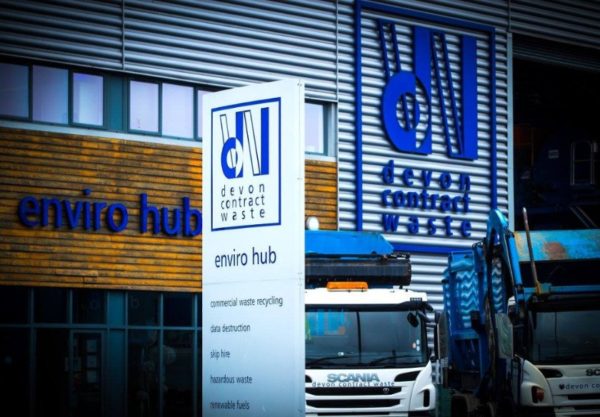 Have you ever wondered what happens to your old electrical items after you take them to the recycling centre? Well, since the introduction of the Waste Electrical and Electronic Equipment (WEEE) Regulations in 2007, waste disposal companies make it their primary goal to recycle as much electronic waste as possible, rather than throwing it on a landfill site.
Have you ever wondered what happens to your old electrical items after you take them to the recycling centre? Well, since the introduction of the Waste Electrical and Electronic Equipment (WEEE) Regulations in 2007, waste disposal companies make it their primary goal to recycle as much electronic waste as possible, rather than throwing it on a landfill site.
Ensuring we recycle e-waste is increasingly important. In our rapidly moving technology-driven society, it’s fair to say that we generate a great deal of e-waste. Below, we answer a few burning questions about recycling e-waste, and why it’s so important to send your e-waste recycling to a reputable waste disposal specialist.
What happens if e-waste isn’t recycled?
If e-waste recycling goes to landfill, hazardous and toxic substances can leak out, causing water and soil contamination. This can be hugely harmful to wildlife, human health and the environment. Aside from this, there is also an ever growing problem with irresponsible waste disposal companies sending e-waste overseas.
Discarded electronic items are exported overseas to countries like China, India and Nigeria where workers at informal recycling e-waste operations use crude techniques to extract valuable metals and components. They then sell these components on and burn what’s left- not only is this an extremely hazardous working environment, but the workers earn next to nothing for their dangerous labour. Essentially, workers risk their lives so companies at the top of the supply chain can manufacture the newest gadgets and take the lion’s share of the profits.
What constitutes as e-waste recycling?
Despite WEEE, many people still aren’t aware that electronic gadgets can be recycled. Even though a huge amount of electrical products are purchased each year – a number which is only increasing with technological advancements – only a small proportion of these items are taken to be recycled.
Anything from mobile phones, computers and TVs to kitchen appliances and electrical tools can be taken to your local recycling centre and placed in an e-waste recycling bin. Each electronic item contains a variety of materials, meaning that there are plenty of different uses for recycled e-waste.
What happens to e-waste at a recycling plant?
So, you’ve worked out what you can put in the e-waste recycling bin, but what happens next? From the recycling centre, specialist waste disposal companies take the discarded electrical products to a reprocessing plant where it is subsequently shredded into small pieces. Once shredded, strong magnets remove ferrous metals, such as steel, and non-metallic metals are collected using electronic currents. The plastic elements are sorted into categories using various methods like the use of infrared light or density separation.
What can e-waste recycling be turned into?
If we were to list all of the items that can be made using e-waste, we’d be here for a very long time. E-waste is an extremely valuable sustainability tool- here are three examples of how it can be reused:
● Hover mowers: These contain a strong ABS plastic that is mainly used for products like musical instruments, cases, pipe fittings and car bumpers. The copper motor of a mower can be transformed into winding wire for motors in new electronic products, as well as more unexpected items like jewellery and coins.
● Games consoles: The steel within consoles can be reused for computer casings, car parts and beams. The circuit boards contain a wide range of precious metals like gold, silver, platinum and palladium. These can be recycled into jewellery or mobile phone components.
● Mobile phones: The precious metals found in phones can be reused in other electronic products. The zinc present in mobile phones has various interesting uses- it can galvanise steel, mix with copper to make brass or even be used to stop rust forming on ships.
Here at Devon Contract Waste, we can professionally and responsibly handle commercial WEEE waste for your business in the South West. Our specialist services comply with all relevant government guidelines, so you never have to worry about your business’ liability. If you’re upgrading the computers in your office or refitting your kitchen, get in touch with us today for sustainable e-waste management.